We walked out of the Fes medina through the intricate blue gates and made our way into a nearby garden. There we saw beautiful fountains full of blue tiles, water cascading over its edges. Flowers in shades of blue, yellow, red, and purple filled the air with natural perfume. Before finishing our walk around the garden, a cage made of straw, bamboo, and wire caught my attention. I motioned to my friends Katie and Allie to come to see what it was.
Inside the cage were snowy white doves and peacocks. A male peacock strutted about its cage surrounded by indifferent females. As we struggled to take pictures of him through holes in the wire, I noticed two women also observing the birds.
“Altaawus,” the woman dressed in a blue and green flannel shirt said. “That’s the Arabic word for peacock.”
After we butchered the word a couple of times, she helped us pronounce it correctly. “Bravo,” she said.
She introduced herself as Kaoutar, explaining that she studies linguistics at the University of Fes. Her passion, she revealed, lies in decoding the layers of language within Edgar Allen Poe’s poetry.
“I am always seeking new meanings within his words,” she shared. In addition to English, Kaoutar is fluent in Darija, Arabic, Berber, French and is currently learning Dutch. She even confessed that she is considered the “slacker” in her family since her brother speaks Italian, German, and Spanish on top of her own languages. I knew Moroccans often speak multiple languages, but Kaoutar blew my mind. There I was with only English, a bit of Latin, and baby steps in Darija.
“Language is so beautiful,” Kaoutar continued. “Once you learn to communicate with other people in the same language, you understand how similar we all are. This is how we come together as people on this earth and learn to accept each other. Different religions, skin colors, nationalities, or languages only enrich us.”
Before we left, we became friends on Facebook, so that, as Kaoutar said, “we can always be friends, even if we are not close.”
Back in Tangier, Kaoutar’s words lingered. If only more people in the United States shared her kindness, intelligence, and open heart, we might focus less on our differences and more on what truly connects us. It reminded me of something Edgar Allen Poe – Kaoutar’s favorite – once wrote: “Those who dream by day are cognizant of many things which escape those who dream only by night.” Perhaps if we all took a page from Kaoutar’s book, seeking to understand what lies beyond our own experiences, the world would feel a little smaller, a little kinder.
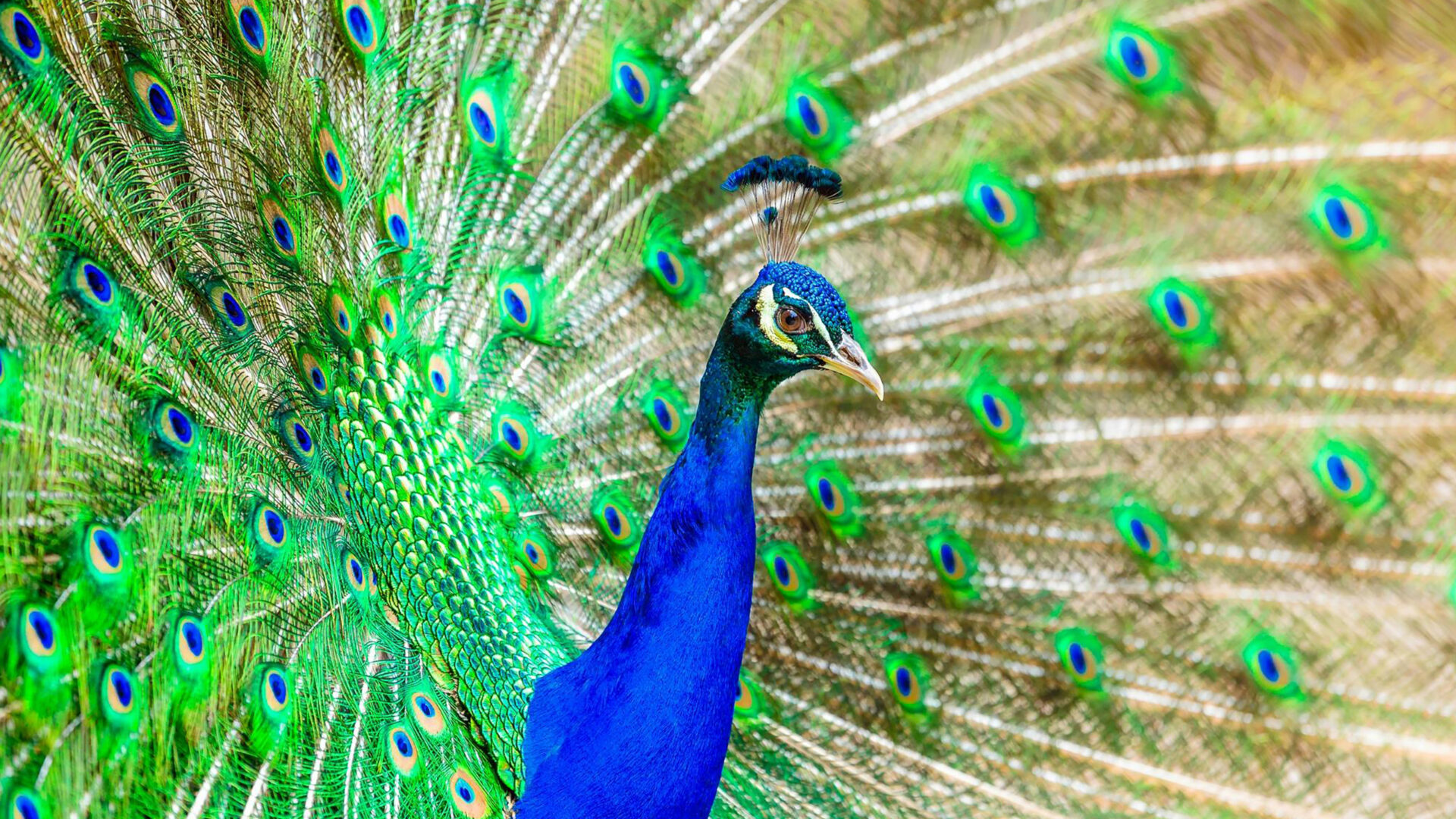
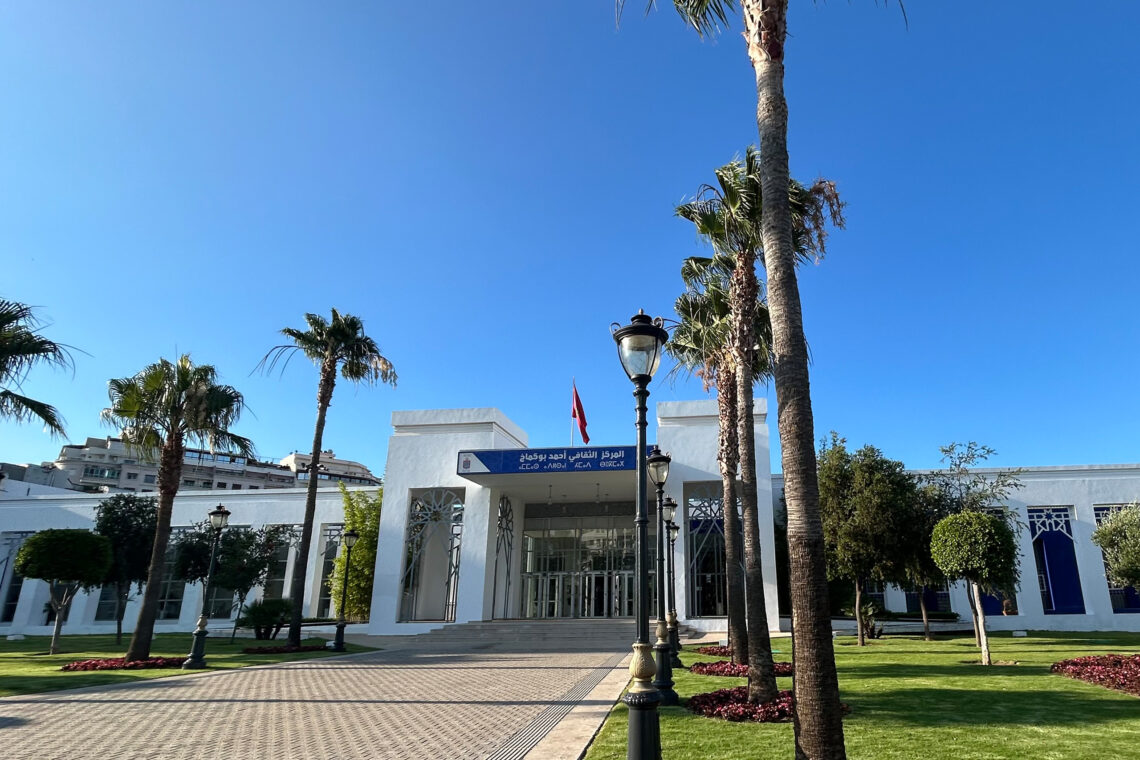
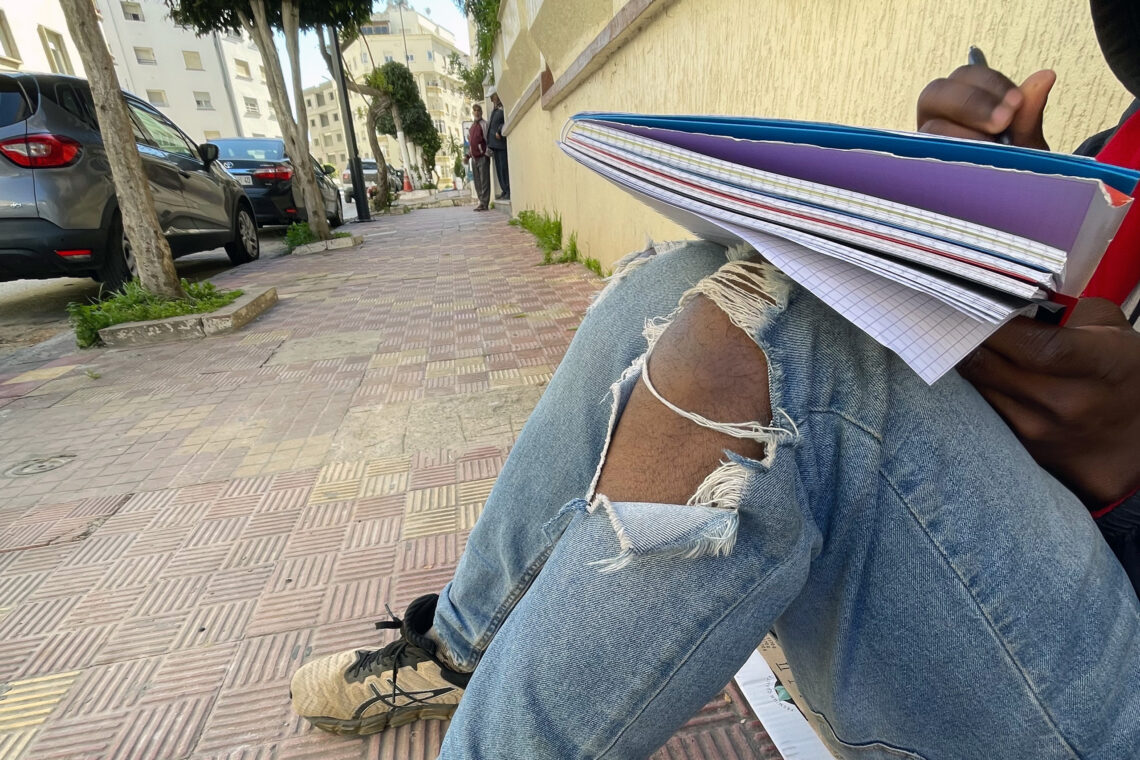
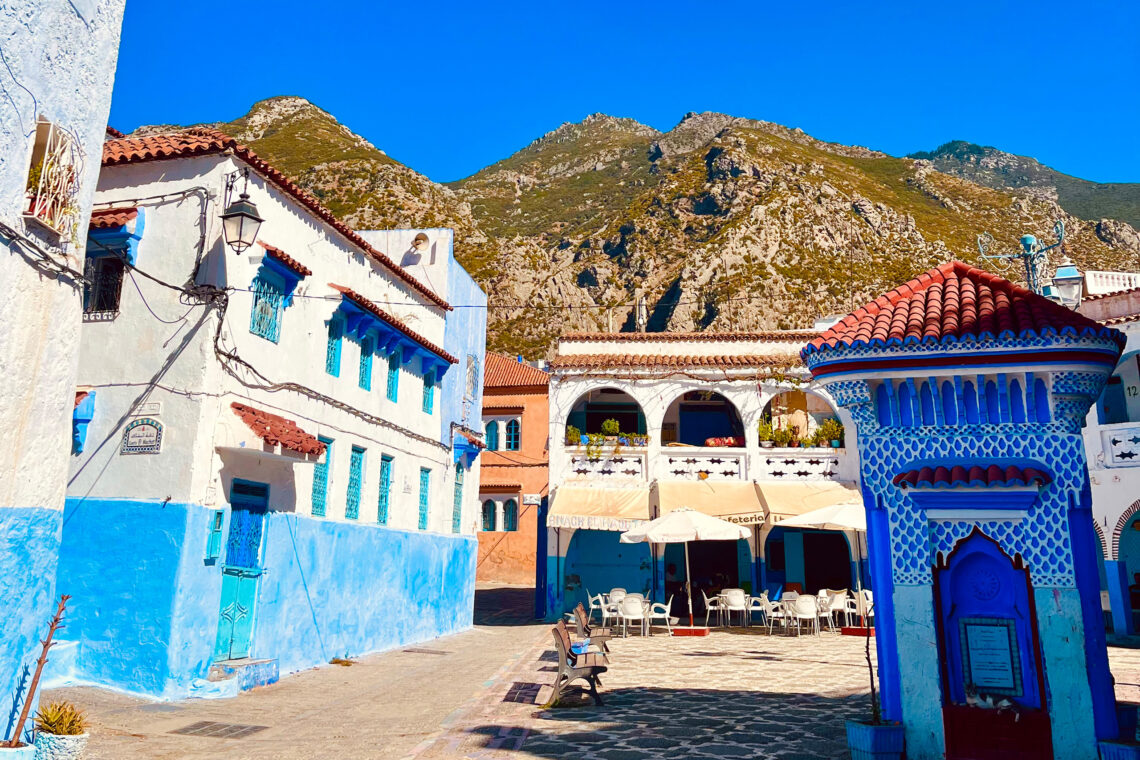
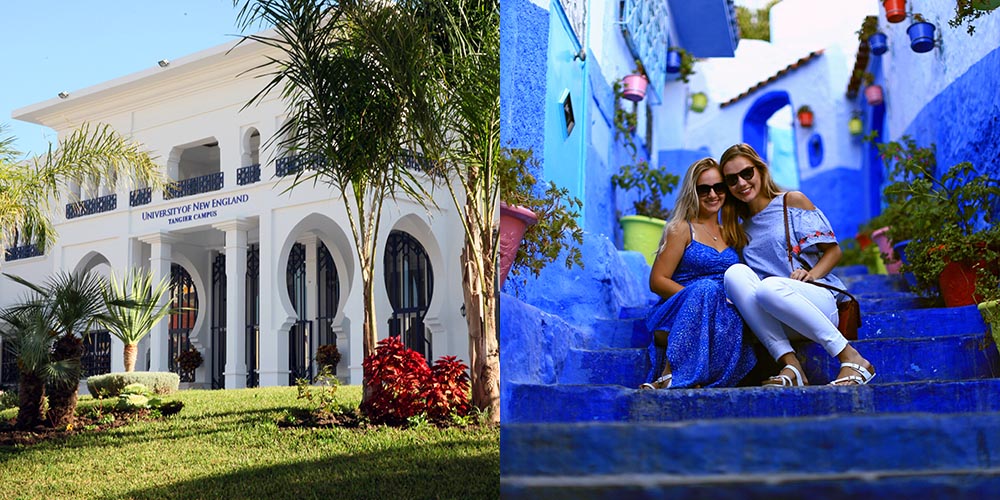

Comments are moderated by the editor and may not appear on this discussion until they have been reviewed and deemed appropriate for posting. All information collected is handled in a manner consistent with our privacy policy.